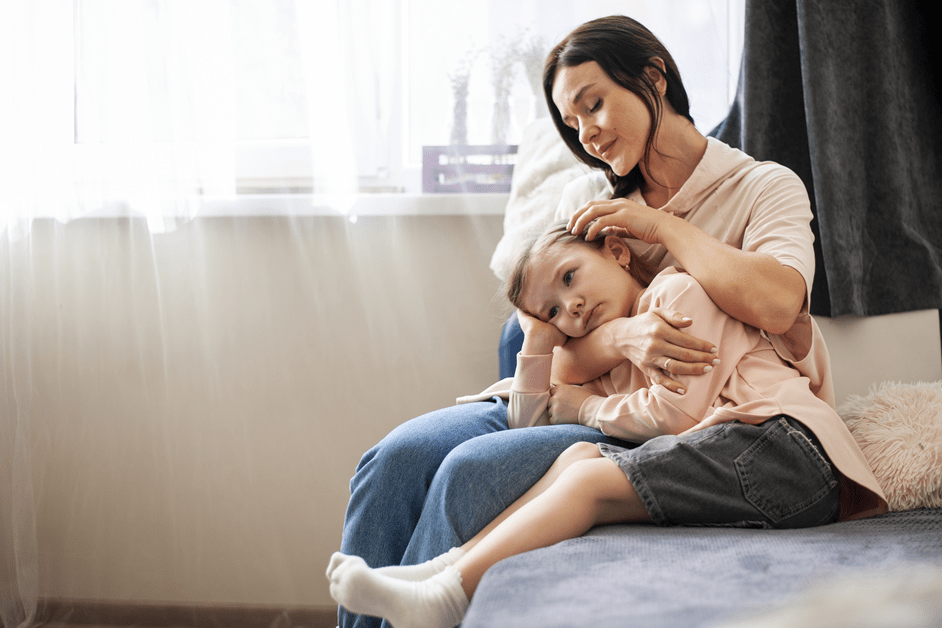Every child is unique! Babies change and grow at an astounding rate, with new and exciting developments occurring every month. Parents are instinctively concerned about their child's growth and want to ensure that they are making appropriate progress. While they grow, they pass through key developmental milestones at different ages.
What are developmental milestones?
Developmental milestones in children are a collection of functional skills or age-appropriate tasks that most children can perform at a certain age. Despite the fact that each milestone has an age range, the age at which a properly developing child accomplishes that milestone might vary significantly. Below are the milestones you can expect during your child's first year of life!
1 month: It may seem that your baby is simply eating, pooping, and sleeping machine at this point. 1-month baby milestones include:
- Bringing hands and fists to mouth.
- Developing reflexes like- Flinching at loud noises, closing eyes at bright lights, and focusing on things placed within 12 feet of their face.
2 months: Your 2-month-old child is bright-eyed and inquisitive, smiling at people and interacting with everything. At this age, babies are quite social and like interacting with others. 2-month-old baby milestones include:
- Starts to follow objects with gaze and recognizes individuals from afar.
- May bring hands to mouth and suck on hand.
- Turn towards sounds- like yours!
3 months: Watch for 3-month baby milestones:
- When lying on their stomach, hold their head and chest up and kick their legs.
- Grasping toys.
- Put their fists in their mouth.
4 months: A 4-month-old baby may hold their head up more consistently and for longer periods, grasps toys with more coordination, and copy your expressions with more accuracy. Other 4-month-old milestones are:
- When held in a standing position pushing down on legs.
- Begins to babble and copy sounds they hear.
- Let you know if the baby is happy or sad.
- Rolls over from front to back and back to front.
- Grabbing their feet, and maybe putting them into their mouth.
- Pass things from one hand to the other.
6 months: They are now getting better and better at grasping and holding objects, your baby is growing up! 6-month baby milestones include:
- Making (mmmm) and (eeee, ooooo) sounds.
- Playing and expressing displeasure when playtime stops.
- Able to express emotion by crying/ whining when sad or angry and laughing or squealing when happy.
7 months: At 7 months your baby continues to build on what they have learned already. 7-month baby milestones include:
- Sitting without support for longer periods.
- Responding to the word “no”.
- Putting things in their mouth to explore them.
8 months: Your little one can now roll over, sit up, and also pass objects from one hand to another or to the mouth like a pro. In your 8-month baby milestones you might also notice your baby:
- Start rocking back and forth on their hands and knees (precursors to crawling).
- Try to pull up to a standing position.
- Continue to babble (ma-ma or da-da).
9 months: Your baby is on the move! Your 9-month baby milestones include:
- Crawling.
- Playing peekaboo.
- They point at things they want.
- Put things in their mouth.
10 months: Your baby continues to explore and experiment. Watch your baby as they’re:
- Walking while holding on to furniture or objects around a room.
- Banging objects together just to hear the sound they make.
- Poking at things.
11 months: Aside from reaching, crawling, and cruising, your baby might be:
- Understanding simple declarative sentences, such as "don't touch".
- Replicating your activities, such as pressing buttons on a toy phone and
- Babbling to imitate conversation.
12 months: The final developmental stage of a baby's first year represents a big change. They are no longer infants and may act more like a toddler. They are learning to:
- Start using objects correctly, (for example, using a spoon or a comb).
- Responds to simple spoken requests.
- Copies gestures.

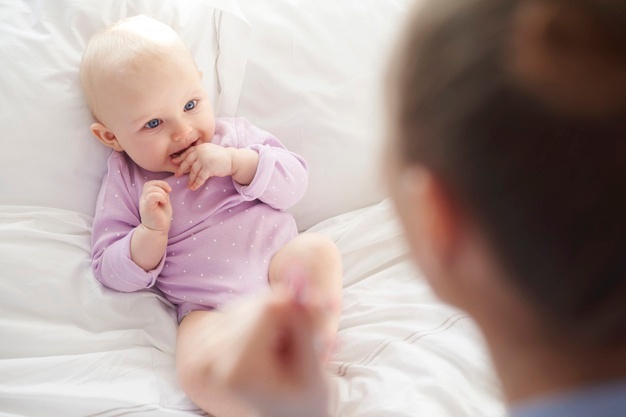
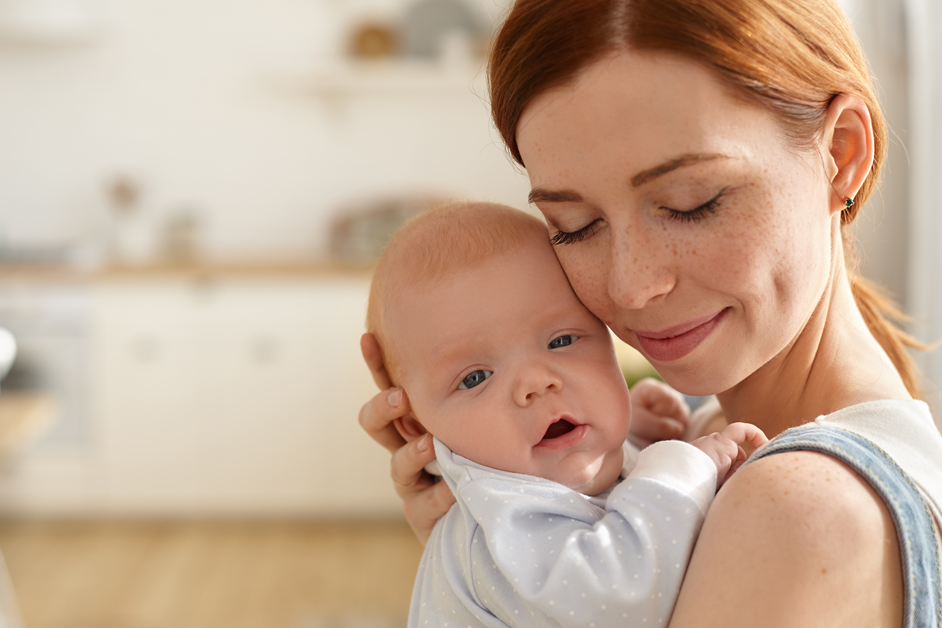
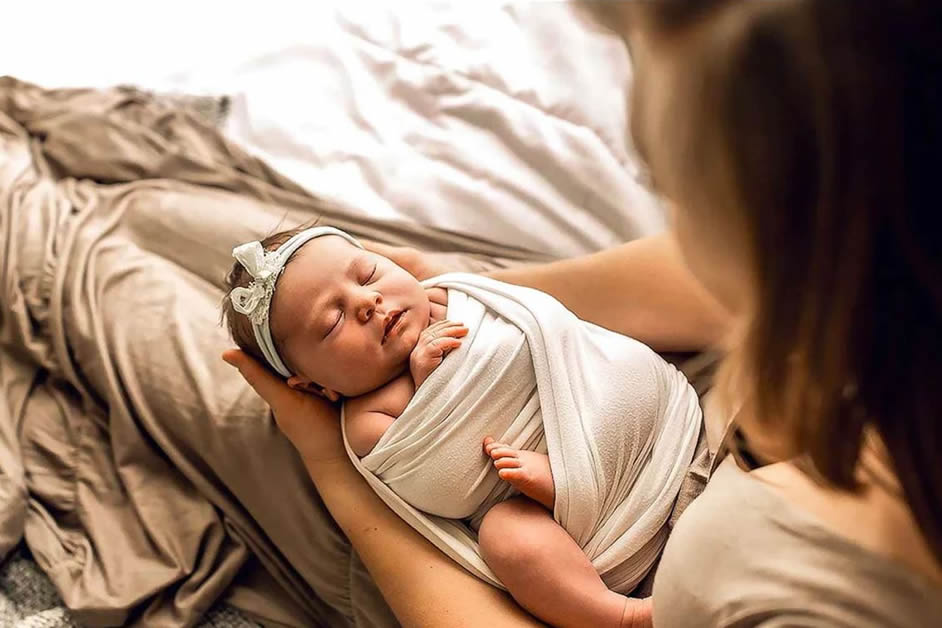
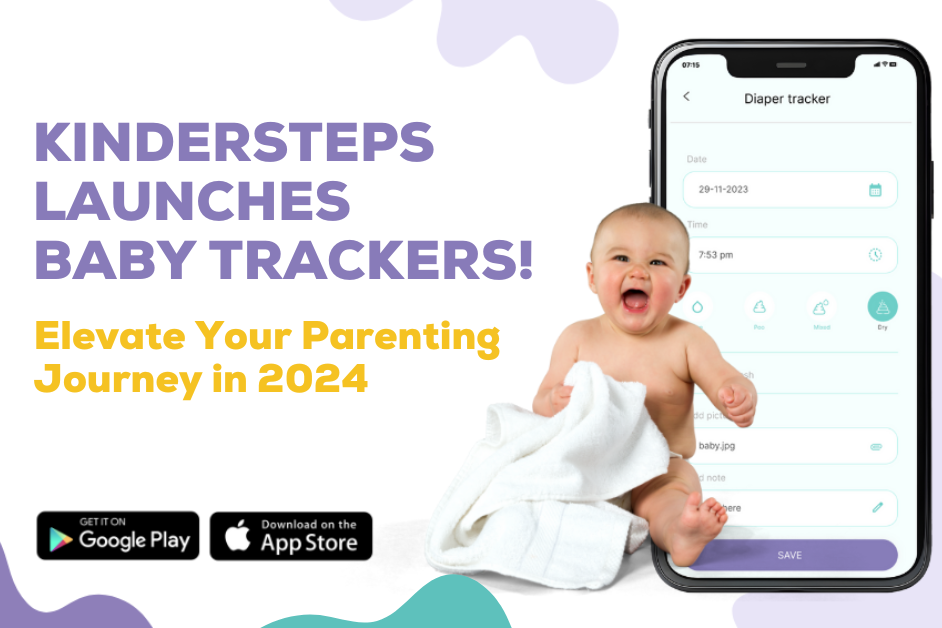
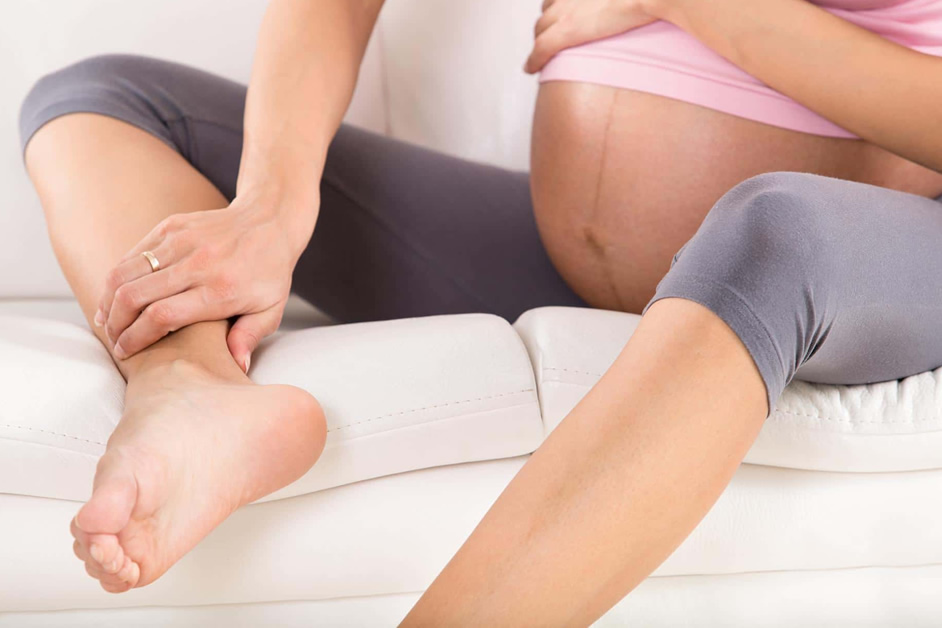
.jpg?alt=media&token=166b64a9-274c-400c-95e4-baf0013e7e43)
